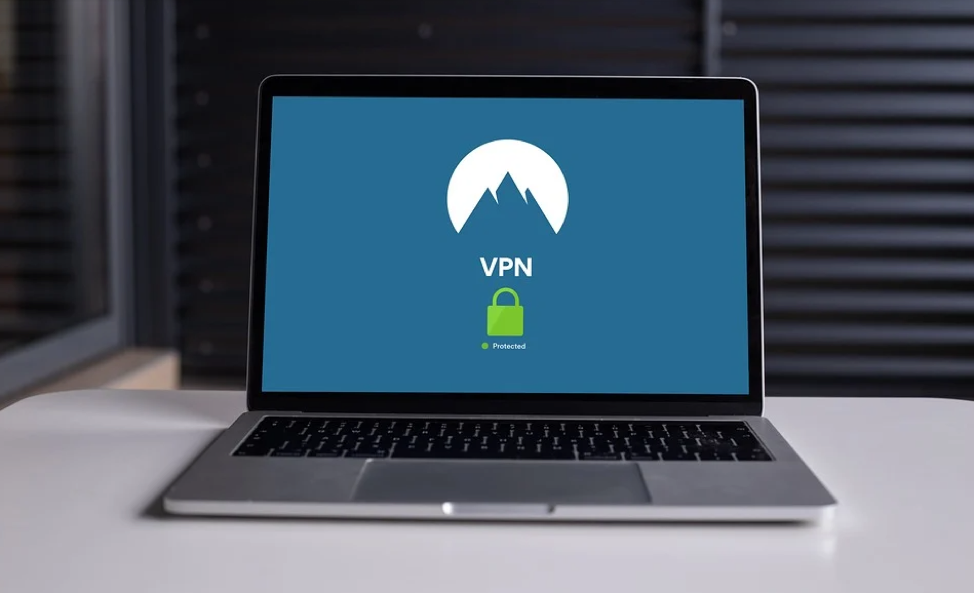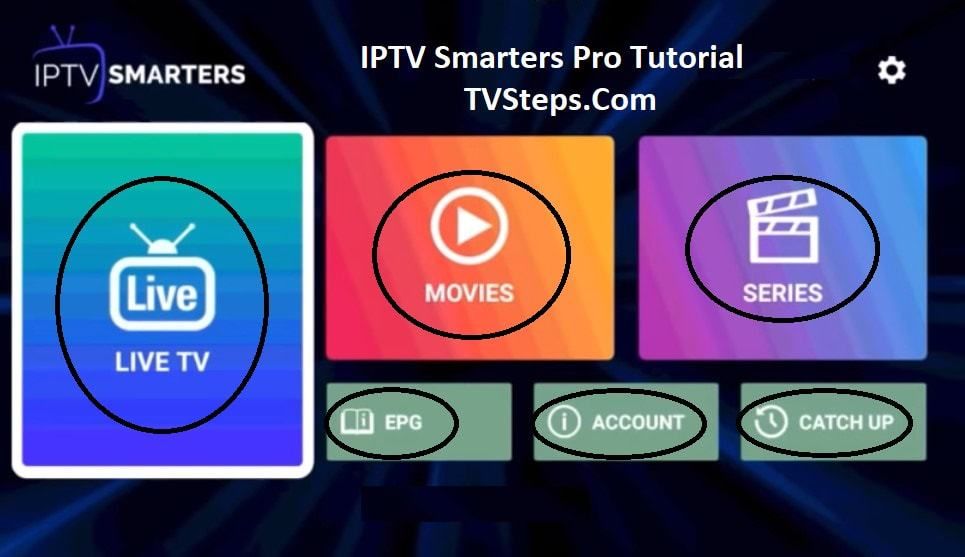In the wake of covid, the role of technology in teaching and learning has stepped firmly into the spotlight. As teachers across the world turned to cloud based Learning Management Systems such as Google Classroom, and learners of all ages were required to rely exclusively on screens and devices to access the curriculum, questions around the benefits of the growing use of technology in the classroom are more pertinent now than ever before. But to what extent does this shift benefit children, parents and teachers?
What’s In It For the Kids?
Ask any parent: if a screen’s involved, the activity automatically climbs the appealing stakes. If I introduce my 9 year old to an online project, in which she can collaborate with her classmates and conduct internet research, she’s a happy little learner. The use of platforms such as Classcraft ups the fun factor further, and helps children to stay engaged for longer.
“Of course, the prevalence of increasing tech in the classroom also sets our kids up for their future, in which computing, in all its yet-to-be-realised incarnations and innovations, will no doubt be integral to both their everyday and professional lives” says Fabiola Thiel, an educator and editor at Write my X and Brit Student.
And How About the Teachers?
As class sizes grow, so too does the pressure on teachers, and the ability to provide a personalized teaching approach tailored to each learner can become untenable. Technology helps here, too, as students of differing abilities are able to access appropriately levelled activities via screens. The increasing use of tech to monitor assessment is also helpful, allowing teachers to pinpoint learners’ progress and potentially developing trends.
Technology, too, can play an important role in continuing development, offering teachers the facility to further and update their skills: platforms such as LinkedIn Learning offer a vast array of opportunities, all of which can be undertaken remotely.
What Do the Parents Get Out of It?
Speaking as a parent myself, I found the ability, over lockdown, to keep up with my child’s progress via Google Classroom to be revelatory. Gone were the days of the mumbled, ‘okay, I guess,’ in response to a question on how she’d found a particular subject; suddenly, I was able to not only view her work and associated teachers’ comments, but could also, with supreme ease, communicate with her teachers, view upcoming tasks and keep up with the classroom community as a whole.
Learning Management Systems work to effectively encourage a co-operative approach to learning, in which the parent or guardian’s role, in terms of day to day lessons, homework and ongoing projects, is better able to be managed around work and other commitments.
Anything In This For the Planet?
Well, yes. With the move to screen and virtual learning, there are obviously huge environmental implications, as textbooks and paper-based course materials are replaced with online resources, examinations are moved to computerised assessments and the reams of paper that formerly made up students’ projects and coursework are substituted for solo or collaborative assignments that take place wholly within a cloud based Learning Management System.
“In terms of travel, the growing prevalence of the use of Zoom and Skype for meetings, conferences and staff development programmes has a further beneficial environmental impact as well as enabling the possibility of a healthier work-life balance for teachers and adult learners alike” comments Marina Gislason, a tech writer at 1 day 2 write and Origin Writings.
The Takeaway
As we gradually emerge into the post-covid world, there are many things that, it’s fair to say, will never be entirely the same again. One of these things is the way in which technology is integrated, on a fundamental level, into teaching and learning. New developments including VR Head Mounted Displays, 3D printers and Flexible Display Smartphones will no doubt be finding their way into our classrooms in the near future, opening up further possibilities in how teaching is delivered and the way in which a student traverses their learning journey.
Technology has the capacity to enhance and enrich the learning experience by opening up the classroom’s theoretical walls and blurring the home/school boundary. In this way, learning can become both inherent in day to day life and life-long, with rich opportunities for tech-facilitated flexible, individualised teaching. Ultimately, there is the potential for a classroom culture in which student, teacher and parents are symbiotic in the learning journey. And that can’t be a bad thing.
Regina Wheeler is a writer and editor at Write my assignment and PhD Kingdom. She is also a contributing writer for Coursework help. As a content writer, she writes articles about workplace ethics and management.


